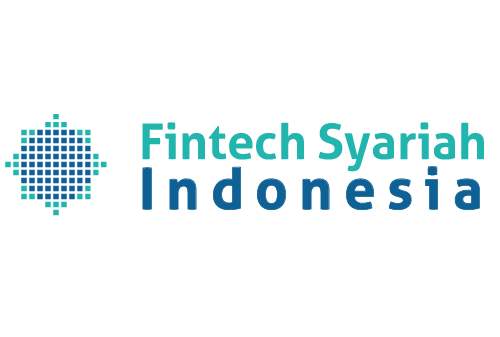Development Of Monzer Kahf’s Islamic Consumption Theory And Ethics
DOI:
https://doi.org/10.59580/iesbir.v3i3.8868Abstract
Abstract
Monzer Kahf as a contemporary Muslim intellectual, has successfully articulated the concepts of welfare, utility, and consumption optimization for Muslim individuals. In the context of Islamic consumption theory, Monzer Kahf introduced the concept of rationality, while in Islamic consumption ethics, Kahf introduced the concept of 'Final spending'. The purpose of this study is to design a theoretical framework and Islamic consumption ethics, which is expected to be the main foundation for Muslims' understanding of the essence of consumption activities, with reference to Monzer Kahf's economic thought. The methodology used is a qualitative method using library research. The result of this research is that Monzer Kahf's economic thought provides a strong foundation for building a model of construction of Islamic consumption theory and ethics that can be a guide for individuals and society. By building this construction of Islamic consumption theory and ethics, it is hoped that people can adopt consumption practices that are in accordance with Islamic values, live a sustainable economic life, and help create a more just and empowered society.
Keywords: Construction, Theory and Etchis of Consumption, Monzer Kahf
Downloads
Published
How to Cite
Issue
Section
License
Copyright (c) 2025 Alif Mujiyana Eka Bella

This work is licensed under a Creative Commons Attribution 4.0 International License.
Authors who publish with this journal agree to the following terms:
- Authors retain copyright and grant the journal right of first publication with the work simultaneously licensed under a Creative Commons Attribution 4.0 International License that allows others to share the work with an acknowledgment of the work's authorship and initial publication in this journal.
- Authors can enter into separate, additional contractual arrangements for the non-exclusive distribution of the journal's published version of the work (e.g., post it to an institutional repository or publish it in a book), with an acknowledgment of its initial publication in this journal.
- Authors are permitted and encouraged to post their work online (e.g., in institutional repositories or on their website) before and during the submission process, as it can lead to productive exchanges, as well as earlier and greater citation of published work.

This work is licensed under a Creative Commons Attribution 4.0 International License.











